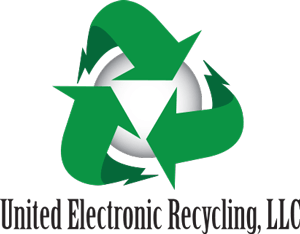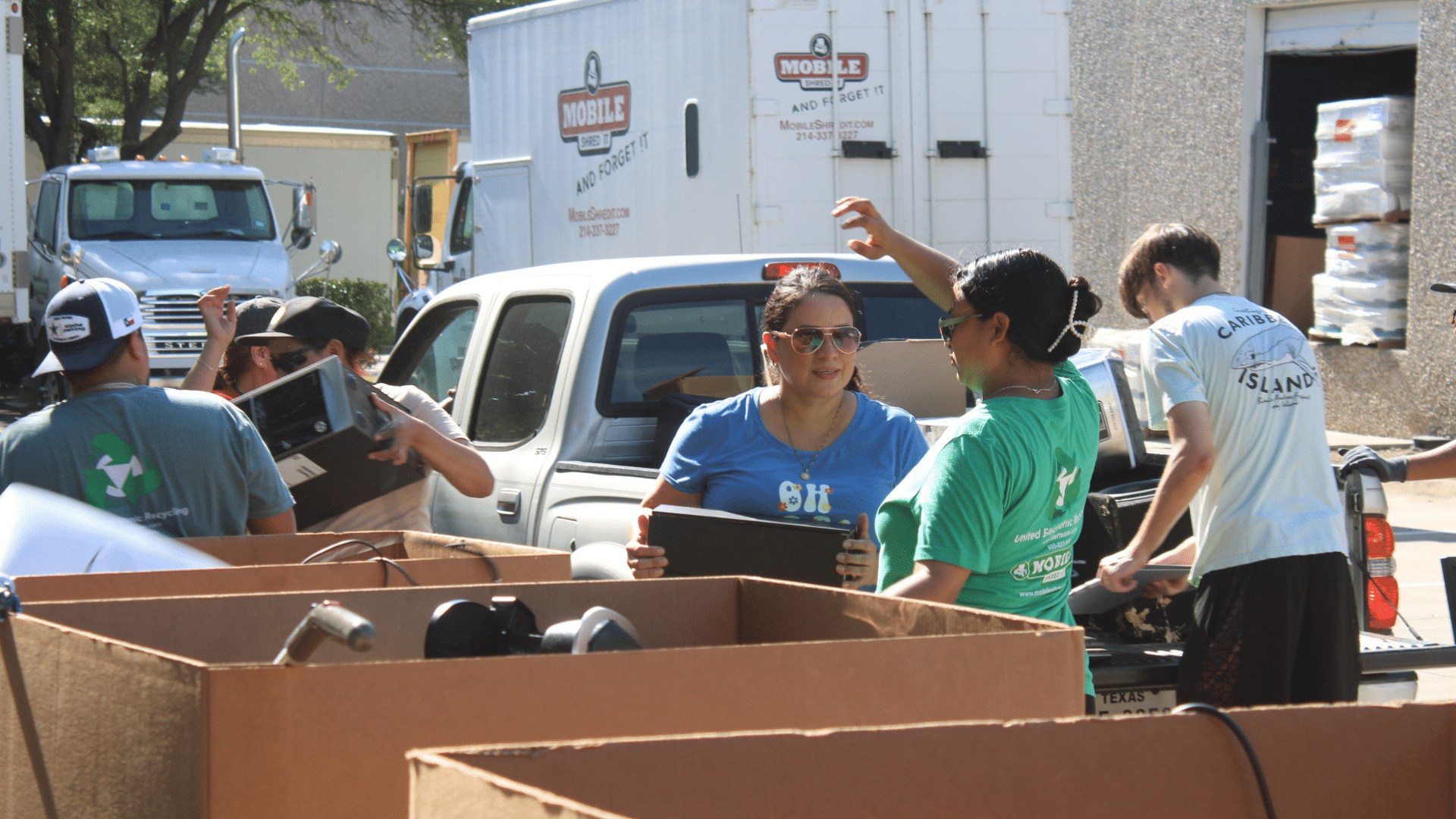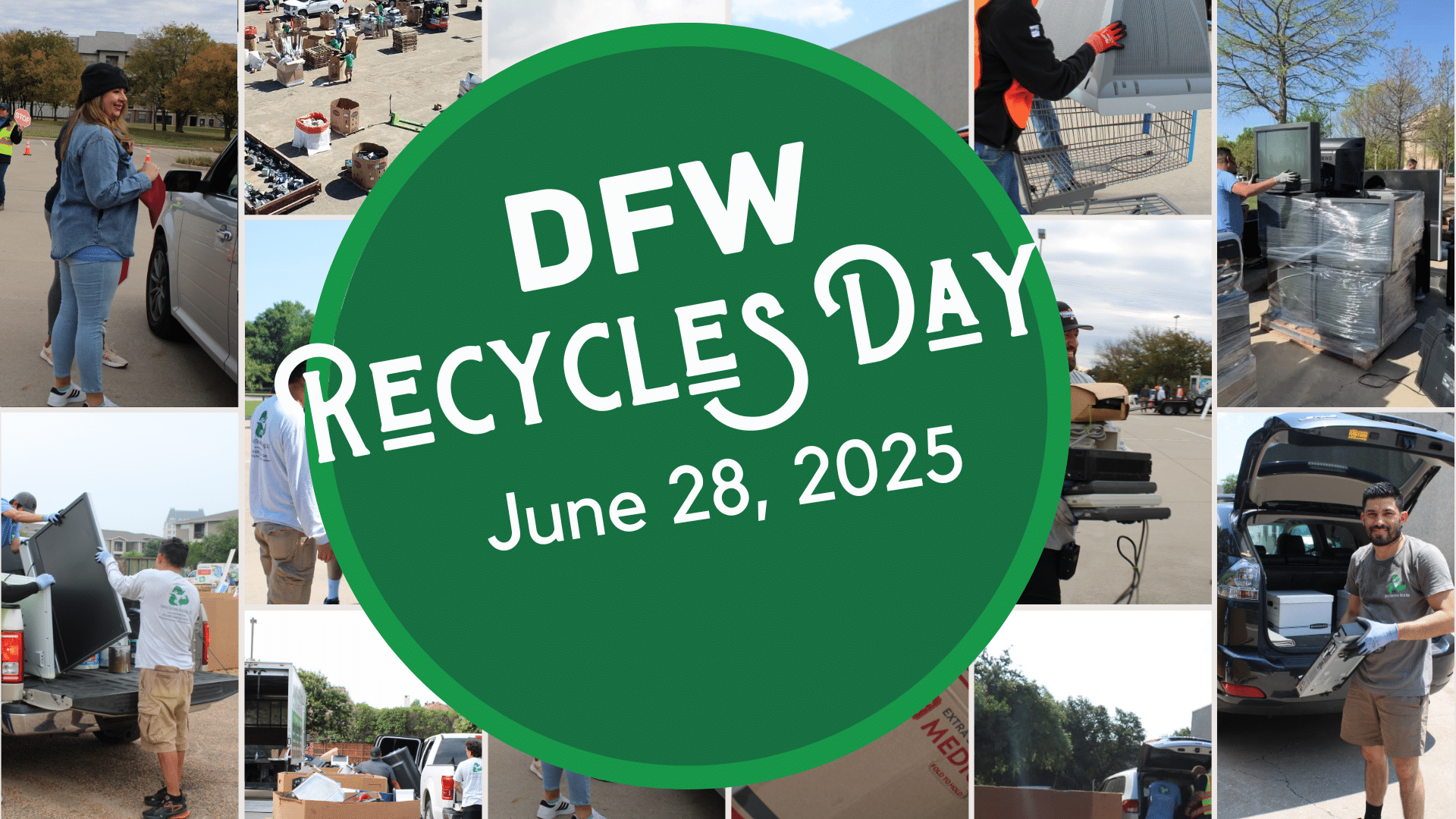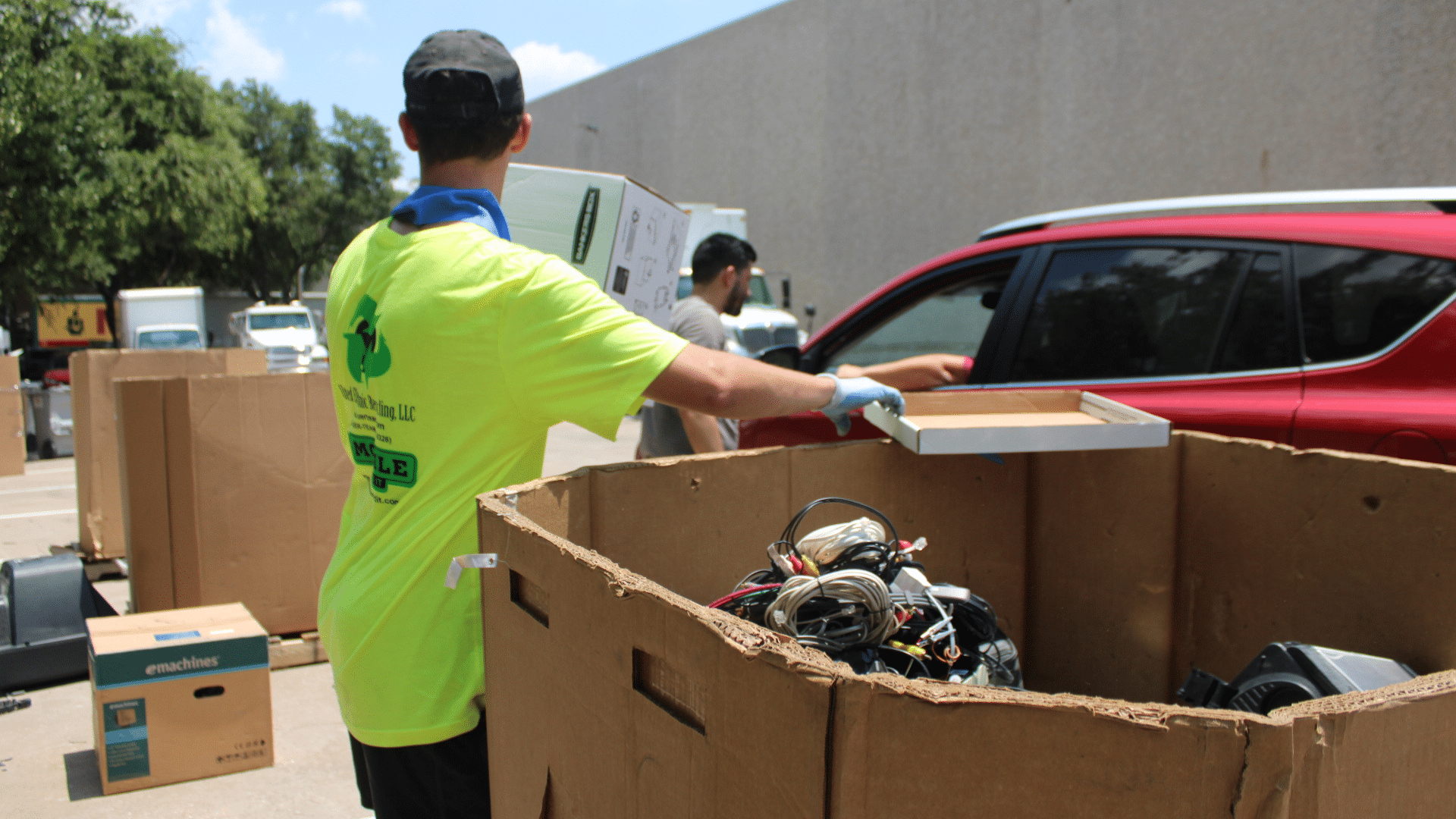Proper Battery Disposal: How to Safely Recycle Batteries
It’s estimated that at least 3 billion batteries are thrown away each year. The presence of heavy metals and toxic materials in batteries poses a significant threat to both our environment and human well-being. These hazardous substances have the potential to seep into our soil and oceans from landfills, contaminating our natural resources. Additionally, improper disposal of batteries can lead to dangerous fires, putting people and property at risk.
LITHIUM-ION BATTERIES
Lithium-ion batteries, commonly found in laptops, cell phones, power tools, and electric cars, come in two variants: soft and dry. However, their growing presence in our daily lives has unfortunately resulted in a surge of fires, largely caused by improper disposal methods. Because they contain hazardous waste, it’s crucial to find a company that can recycle them properly.
There are two main recycling options for these batteries: pyrometallurgy and hydrometallurgy.
- Pyrometallurgy separates the mixed metal alloy of cobalt, copper, iron, and nickel.
- Hydrometallurgy recovers metals and ores from lithium-ion batteries.
Types of lithium-ion batteries commonly used in everyday devices are as follows:
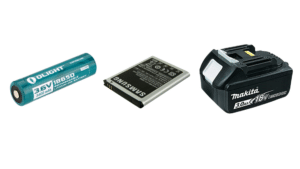
SEALED/LEAD ACID BATTERIES
Lead acid batteries are commonly used in vehicles and watercraft, while sealed lead acid batteries (SLA) are frequently utilized in motorized ride-on toys. Lead acid batteries have great potential for recycling and can actually hold value. Certain materials, such as impure lead, can be sent back to battery manufacturers and undergo recycling processes to be transformed into brand new batteries. Additionally, the sulfuric acid within these batteries can be treated and converted into water. It’s remarkable to note that approximately 80% of the battery’s components can be repurposed and used in the production of new batteries.
Disposing of lead acid batteries in regular garbage bins would result in the release of lead and sulfuric acid, contaminating our soil, water, and precious natural resources.
Types of sealed/lead acid batteries commonly used in everyday devices are as follows:
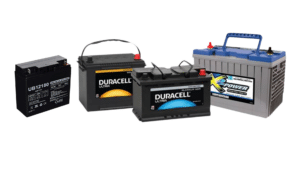
SINGLE-USE ALKALINE BATTERIES (AA, AAA, C, and D)
Alkaline batteries are an essential part of every household, providing power to a variety of devices including remote controls, flashlights, video game controllers, and more. Since 1996, these everyday batteries no longer contain the environmentally hazardous heavy metals that were once a concern.

BUTTON CELL BATTERIES
Button cell batteries, which are often found in everyday objects such as hearing aids, watches, and small electronic devices, may contain silver oxide or mercury and require appropriate disposal methods. To ensure safe handling and prevent any potential short circuiting, it is important to securely tape the front and back of button cell batteries before packaging them.
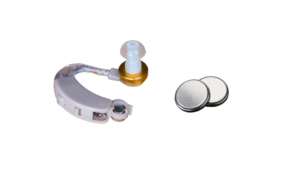
Damaged, Defective, or Recalled Batteries
If you come across any batteries that appear swollen or are leaking, it is crucial to take special care in handling them apart from your other batteries. Damaged, defective and recalled lithium-based batteries are hazardous and require special handling. Do not place them in the trash as they could cause a fire in the garbage truck or at a collection site. When taking these batteries to a recycling facility, be sure to inform them about the damaged condition of the battery to ensure proper handling and disposal.
Recycle your batteries with United Electronic Recycling
Residents and businesses in the Dallas Fort Worth area can rely on United Electronic Recycling to handle the proper recycling of your batteries. Contact us to learn how UER can assist you with your electronic recycling needs.
